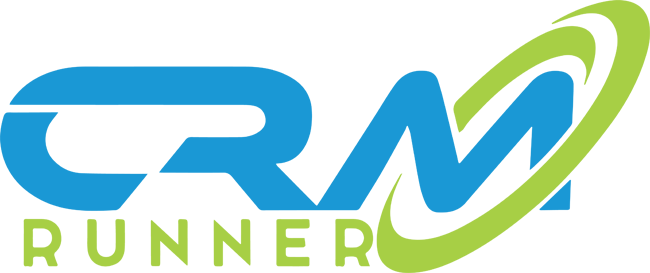The main idea of introducing CRM for your business is to build and maintain relationship with clients. When a business is in its growing stage, the CRM software would allow owners to build, nurture and retain good relationships with clients, track customer interactions and trends, and influence future decisions. For small businesses, the following benefits of investing in CRM are more than enough to demonstrate its worth.
What actually CRM does?
- Tracks and manages customer interactions
- Connects the entire team via one platform
- Simplifies mundane tasks by concentrating on leads
- Captures customer emails
- Extends and customizes strategies for business growth
- Delivers better insight and business recommendations
The brief notes below will help business owners understand the worth of investing in CRM Runner software:
Maintain good relationships
Relationships are key when it comes to introducing CRM to a small business organization. Maintaining relationships is an important asset for a small business and this is where CRM can help. Observe all interactions with clients, suppliers, and vendors and stay up-to-date with all new developments.
Offer good customer service
Every interaction the customer has with the business shapes their experience of it. The main intention of the business should be to enhance customer service and offer client the best possible assistance. Having the data and past history of sales of specific customers in one place would help the sales team before they proceed to assist the customer. It would give them better insight and allow the marketing team to send emails customized to the users.
So, other than boosting the sales funnel, organization should encourage employees to deploy the system and make the most of it to get rid of mundane tasks. It would help the marketing managers and allow more focus on offering better customer service. This is what you can expect to get if you start using the latest software option of CRM Runner.
Keep track of sales strategy
The main purpose of using the software is to better manage your sales strategy. Get the data from the CRM system and observe it to know where the sales are lagging and predict future growth. By using the tool, you can make improvements in these areas and enhance the overall sales performance of your business.
CRM Runner boosts efficiency in managing a business
CRM Runner enables teams to work in collaboration and expect better results. Therefore, it would take the productivity levels of the business to the next step. Sign up now and use the free trial to know about it in detail.


 Français
Français Русский
Русский العربية
العربية Hebrew
Hebrew Deutsch
Deutsch Português
Português Turkish
Turkish Persian
Persian Italiano
Italiano Español
Español












